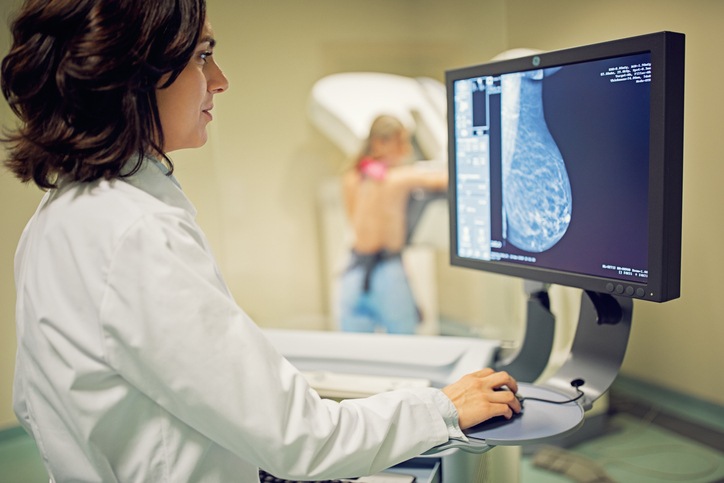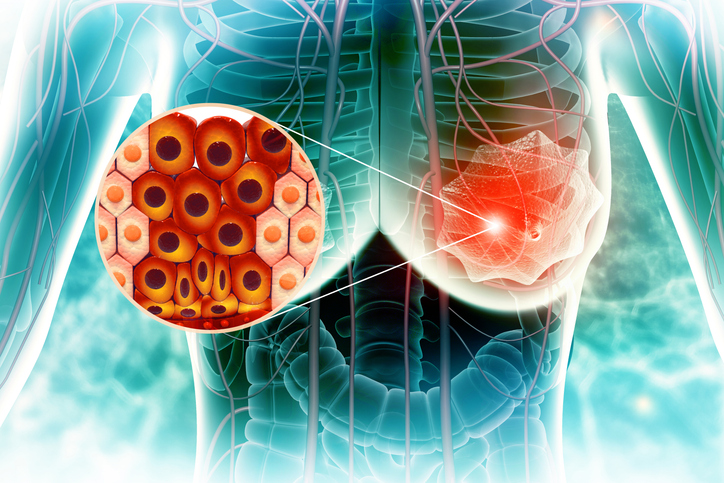
A group of researchers from Lund University conducted the MASAI trial within the Swedish national screening program. The aim of this randomized, controlled, parallel-group, noninferiority, single-blinded, screening-accuracy study was to assess the use of artificial intelligence (AI) to reduce the screen-reading workload and increase cancer detection without a significant increase in false-positive results. Findings were published in The Lancet Digital Health.
In this trial, AI was used to triage examinations to single or double reading depending on the AI risk score and as detection support for radiologists by highlighting imaging findings suggestive of disease. The inclusion criterion was eligibility for participation in population-based mammography screening, which includes women aged 40-74 years; no exclusion criteria were applied. The primary outcome is the interval cancer rate to be assessed after at least 2 years of follow-up, starting in December 2024 and for the next 6 months to ensure inclusion of all reported participant data.
Between April 2021 and December 2022, 106,106 women presented for screening, and 172 opted out of the trial; 105,934 participants were randomly assigned 1:1 to either AI-supported screening (intervention group, n=53,052) or a standard double reading group without AI (control group, n=52,882).
There was a 29% increase in cancer detection with AI-supported screening. In the intervention group, 941 (84.4%) women were recalled because of mammographic findings versus 847 (82.5%) in the control group. There were 48,444 fewer screen readings and 65 more consensus meetings in the intervention group than in the control group, which is a 44.2% reduction in the screen-reading workload.
Of note, there were only seven more false-positive results in the intervention group than in the control group, at 772 (1.5%) and 765 (1.4%), respectively, with P=.92.
“The use of AI did not negatively influence the rates of recalls, false positives, or consensus meetings and the screen-reading workload was reduced by almost half,” the researchers concluded.
Source







 © 2025 Mashup Media, LLC, a Formedics Property. All Rights Reserved.
© 2025 Mashup Media, LLC, a Formedics Property. All Rights Reserved.